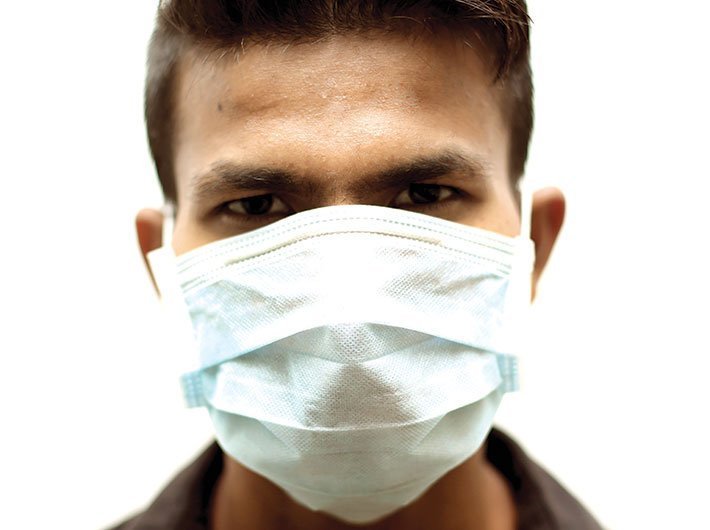Mandatory two RTPCRs, institutional quarantine for ‘high-risk passengers’ from ‘high-risk countries’
A day after the union health secretary wrote to it that its order on SOPs for air travellers was in divergence with guidelines issued by the MoHFW, GoI in view of the Omicron threat, the Maharashtra government on Thursday revised its guidelines for passengers arriving in the state.
Issuing SOPs for international arrivals from ‘high-risk countries’, the Maharashtra government has said that curbs imposed by the Government of India guidelines from time to time shall act as minimum restrictions to be imposed on all international and domestic air passengers.
South Africa, Botswana, and Zimbabwe have been categorized as ‘High-Risk Countries.’ All passengers from high-risk countries will be treated high-risk passengers.
Starting 12 AM December 3, air passengers arriving from ‘High-Risk Countries’ into Maharashtra and air passengers who have visited any of ‘High-Risk Countries’ in past 15 days prior to their arrival in Maharashtra will be declared as ‘High-Risk Air Passengers.’
High-Risk air passengers will be deplaned on priority and separate counters will be arranged by respective airport management authorities at all international airports of the state of Maharashtra for their screening and verification.
All such high-risk air passengers shall have to undergo RTPCR test immediately on arrival at respective international airport and shall undergo mandatory 7-day ‘Institutional Quarantine’ with second RTPCR Test to be carried out on 7th day. If any of the RTPCR tests is found to be positive, then such high-risk air passengers shall be shifted to a hospital with Covid treatment facilities. If the result of the RTPCR test of the 7th day comes negative such high-risk air passengers will have to undergo a further 7 days of home quarantine.
The DCP immigration and FRRO have been directed to draft a proforma of declaration for all arriving passengers on international flights to declare details of the countries visited in last 15 days. Mumbai International Airport (MIAL) will share the proformas with all airlines.
The information regarding travel in the last 15 days shall be cross-checked by immigration on arrival. Any incorrect information furnished by the passenger will lead to action under relevant sections of the Disaster Management Act, 2005.
As regards domestic air travel, all domestic air travellers will either have to be fully vaccinated or compulsorily carry RTPCR test certificate showing negative result within 72 hours before boarding.
“The restrictions imposed by the Government of India guidelines from time to time shall act as minimum restrictions to be imposed on all international and domestic air passengers. The categorisation as ‘High-Risk Countries’ is a dynamic exercise based on the evolving situation of the Omicron variant of Covid-19 and hence will be updated as required by Government of Maharashtra,” says the order signed by chief secretary, Debashish Chakrabarty.
Earlier, Maharashtra had mandated 7-day institutional quarantine for travellers arriving in the state from 'at-risk' countries, under the guidelines issued by the State Disaster Management Authority. Such passengers had to undergo RT-PCR test on the second, fourth and seventh day of arrival. If found Covid-19 positive, the passenger had to be shifted to a hospital. If the test came out negative, the passenger had to undergo seven-day home quarantine.
Under the new guidelines issued by the union health ministry on November 28, passengers originating or transiting from at-risk countries will have to undergo RT-PCR testing post-arrival and will be required to wait for the results at the airport before leaving or taking a connecting flight.
Travellers from countries excluding those countries at risk will be allowed to leave the airport and shall self-monitor their health for 14 days post-arrival but five per cent of the total randomly flight passengers shall undergo post-arrival testing at the airport on arrival.
The Maharashtra government however mandated passengers from other than 'at-risk countries to undergo a compulsory RT-PCR test at the airport. Those with negative test results too had to undergo 14-day home quarantine.



